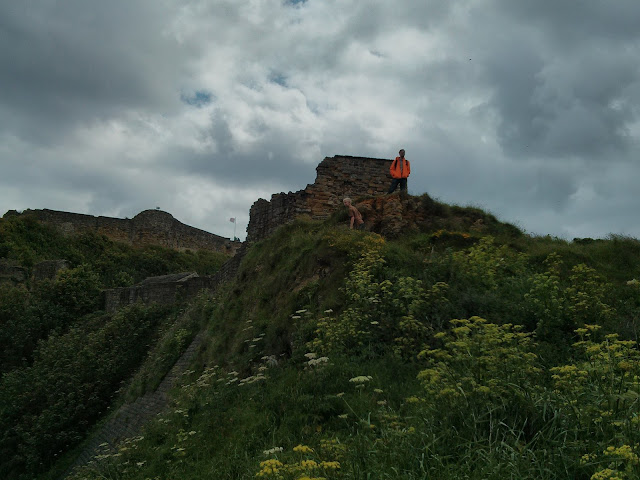The Omnivore's Dilemma: A Natural History of Four Meals by Michael Pollan
This is one of the most fascinating books I've ever read. The author tracks four meals from production to table: one from McDonald's, one purchased at Whole Foods Market, one from a sustainable farm in Virginia, and one he hunted and gathered himself. The writing is delightful, sometimes funny, always interesting. I felt like I read much of the book with my mouth hanging open in astonishment, even when it was about processing corn.
Pollan's travels and studies revealed that there's an organic "industry" nowadays, which I suppose shouldn't have surprised me, but it kind of did. He's not preachy about his findings and doesn't insist that everyone become vegetarian or vegan (in fact, after visiting feed lots, killing chickens at a farm in Virginia, and having his first-ever hunting experience, he continues to eat meat). He does encourage us to think about where our food comes from and what it really costs, in terms of our environment, health, etc.
I want to go on and on, but I have a feeling I'm being very boring, so I'll just mention some of the other stuff that crops up in this book: mushroom and pig hunting; the statistic that 1 in 3 American children eat fast food every day (how can that be?); government regulations that are screwed up at best; an entertaining Italian guy; good cooking; and happy chickens. (By the way, did you know that "free-range chickens" turn out to be not so free range? Oh, they have access to a door to the outside. For two weeks at the end of their seven week existence, and even then, they don't usually use it.)
Highly recommended.

This was an amazingly informative and interesting book. I started reading it in the bookstore and kept expecting to run into cliched pat answers and politicized observations, and they never came. There are so many different currents of thought about food production and diet, and this book looks at the big picture, including everything, ignoring no part of the interconnected web of land, farmers, fertilization, pesticides, mechanization, oil, distribution, packaging, marketing, tariffs, regulation, small vs. large scale, veganism and meat, and more. It's also a very enjoyable read, a compelling tale that I found hard to put down. Omnivores didn't have much of a dilemma historically, when survival was the key concern, but we definitely do now, and our self-doubt, fads, and health problems make it obvious. This book doesn't offer a single answer, but gives a lot of knowledge, and has helped me adjust my thinking and goals and have more respect for food.
ReplyDeleteNate Brunson forwarded me a link to an excellent review of this book on Amazon.com that articulated a few things that I hadn't been able to, especially around the final meal and the class issues around food which were mentioned but not discussed in any depth.
ReplyDelete